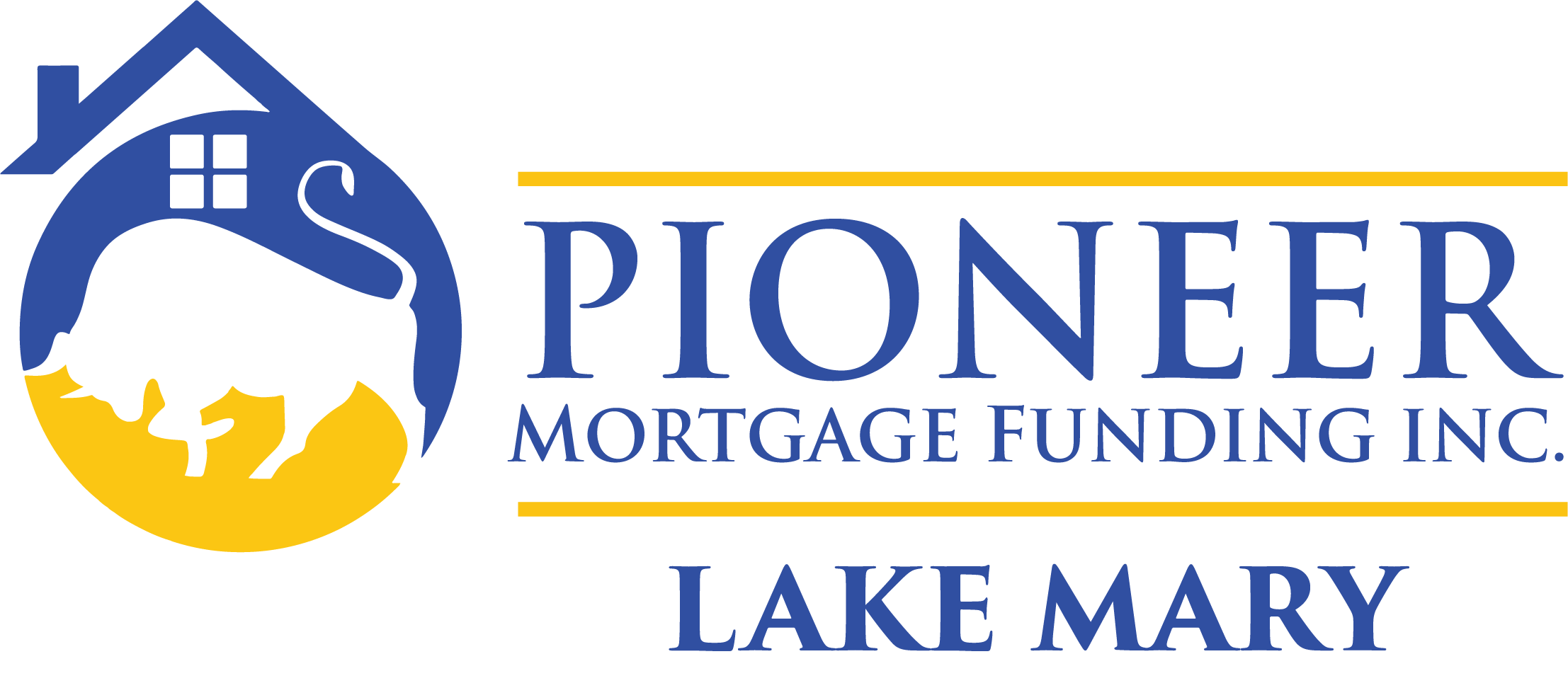Principal & Interest
With most mortgages, your monthly mortgage payment will include amounts that go toward loan principal and interest. For an interest-only mortgage, monthly payments will include only the interest that is due on the outstanding principal balance until the interest-only period ends.
Mortgage Insurance (MI)
If your home loan requires mortgage insurance, such as private mortgage insurance or PMI, your monthly payment will usually include a mortgage insurance premium.
Real Estate Taxes and Insurance
Your monthly payment may include a portion to cover real estate taxes, homeowners’ insurance and, if applicable, flood insurance. This money will be held in an escrow account, and we’ll pay your real estate tax and insurance bills on your behalf when they are due. Remember, no matter the type of mortgage you have, you can always make additional payments toward the principal without a penalty. That will help you pay off your loan more quickly. If you would like an estimate on your tax rate, try out our home refinance calculator for an accurate measurement!



